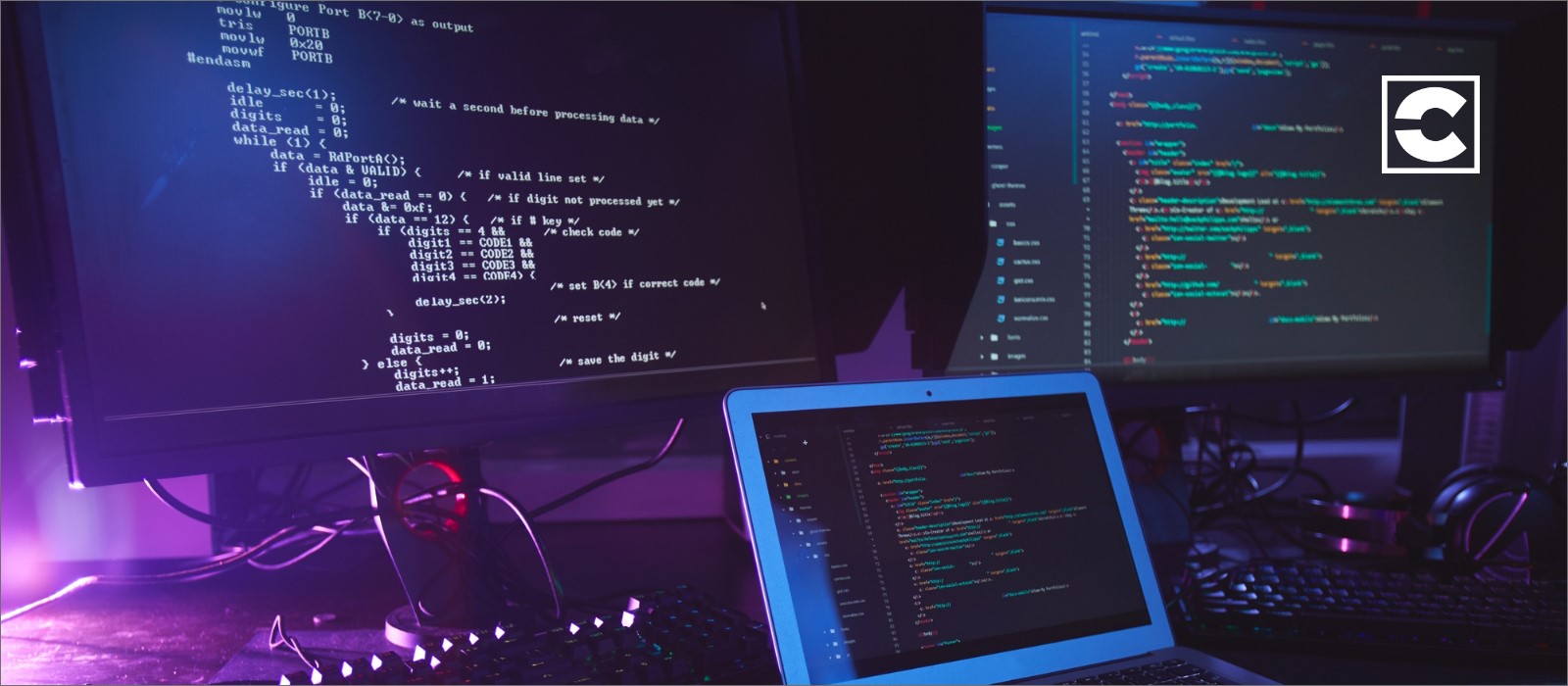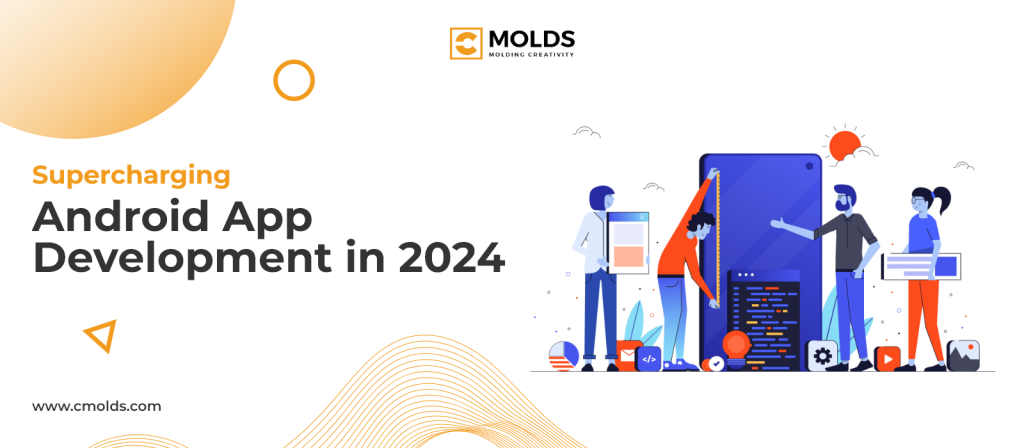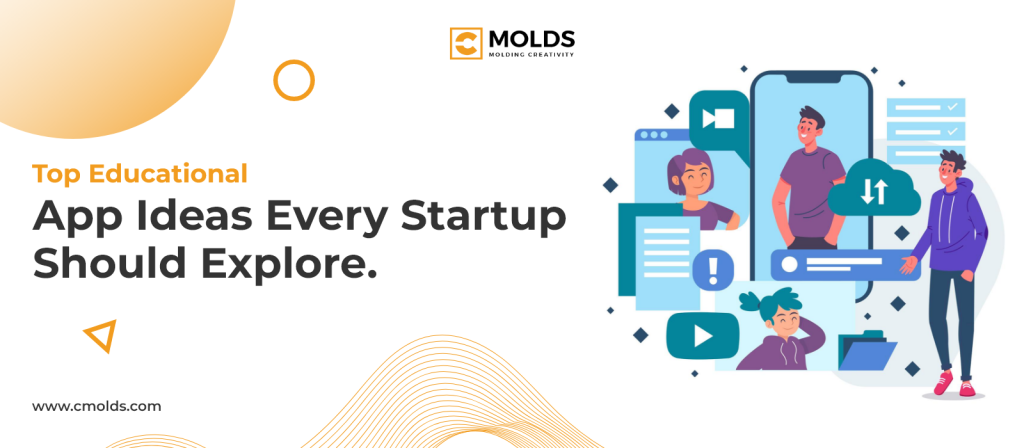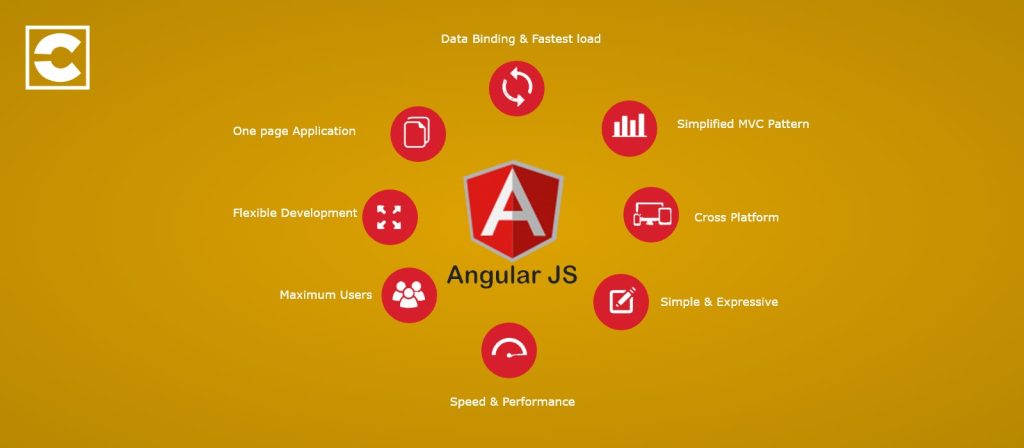Author
Troy Hulbert
Date
May 24, 2023
Category
Android App Development
Surprisingly, the market for app development has grown over time and these mobile applications are capable of everything. These apps are now necessary for everyone, whether they are looking for the best place to eat or to listen to music online, therefore, mobile applications must function flawlessly on both iOS and Android. Businesses can develop such solutions quickly and affordably by utilizing a cross-platform mobile development approach.
What is Cross-Platform App Development?
To put it simply, cross-platform app development is the process of creating desktop or mobile applications that can function on several hardware and software platforms, such as desktop or mobile apps for iOS, Android, Windows and macOS.
Cross-platform development enables developers to write code once and deliver it across various platforms, as compared to producing different versions of an app for each platform. In contrast to creating individual apps for each platform, this can save time and resources.
With the extension of its reach, several cross-platform app development frameworks and tools have started to take over the market gradually and then all at once, along with other application framework developers attempting to get their hands on cutting-edge technology.

What is the Android framework and How Is It Used?
Android is the most widely used mobile operating system in the world. Due to the variety of devices and versions, it supports, it presents a unique set of challenges for app developers. Using Android frameworks is one strategy for overcoming these challenges. These frameworks can help programmers create apps more quickly and effectively, saving them both time and money.
Developers create a wide variety of programs using the Android app development frameworks, such as productivity tools, social networking apps, games and many more. In addition, the framework supports capabilities like push notifications, camera access and location tracking, which are crucial for many modern apps.
Below you will find the best Android frameworks for faster app development.
What are the Best Frameworks for Android for Faster App Development?
Flutter
One of Google’s most recent cross-platform frameworks is called Flutter. It enables programmers to create fast, aesthetically pleasing apps for both Android and iOS with the Dart programming language. The hot reload feature of Flutter app development allows developers to track changes in real-time, which speeds up and simplifies the app development process.
Tip: Use the Flutter widget library to easily create cross-platform UI elements quickly.
React Native
Another cross-platform framework, React Native, enables programmers to create native apps using JavaScript and React. It is popular since the development process is more rapid than that of a traditional native app. There are many tools and libraries for React Native because it has a sizable developer community.
Tip: Use the pre-built components provided by React Native to accelerate the development process.
Kotlin
Kotlin is a Java-compatible programming language that runs on the Java Virtual Machine. Due to its shorter syntax and superior null safety compared to Java, it has been gaining popularity among Android developers. A few of Kotlin’s features also make it simpler to produce clear and concise code.
Tip: To add functionality to existing classes without changing them, use Kotlin’s extension functions.
RxJava
A library called RxJava is used to create event-based and asynchronous programs using observable sequences. It can help simplify complex code and is a powerful tool for managing background processes and network requests. Additionally, RxJava has a sizable and vibrant community, so there are plenty of tools and examples available.
Tip: Use RxJava to manage network requests and background processes to enhance the responsiveness and performance of your apps.
Dagger
Dagger is a dependency injection framework that can help to simplify code by managing class dependencies. It allows programmers who create application frameworks to create modular code, which can make maintaining and updating programs easier. Dagger also includes a number of capabilities that can enhance the functionality of apps.
Tip: Use Dagger to manage class dependencies to streamline code and enhance app performance.
Glide
By speeding up the loading of images, the image-loading and caching library glide can help apps run more efficiently. It can also help in lowering an app’s memory usage. Glide is a popular option among Android developers because it is simple to use and provides a variety of capabilities.
Tip: Use Glide to load and cache pictures to speed up your app’s performance and use less memory.
ButterKnife
ButterKnife is a view-binding package that reduces the amount of boilerplate code required to bind views to activities and fragments. Boilerplate code is a term used to describe pieces of code that must be included in multiple places with little or no alteration. The fact that it can assist in minimizing the amount of code required to do basic tasks makes it a popular option among Android developers.
Tip: To make view binding easier to understand and write less boilerplate code, use ButterKnife.
Best Practices for Android Frameworks:
Choose the Right Framework:
Choosing the right framework for your project is crucial before starting the app development process. When selecting a framework, consider the app’s complexity, the size of the development team and the project timetable.
Utilize Pre-Built Components:
The majority of Android app development frameworks have some ready-made elements that can be quickly incorporated into an app. These pre-built components can cut down on a lot of the time and work involved in development.
Write Clean and Maintainable Code:
The long-term viability of an app depends on writing code that is clear and easy to maintain. Frameworks used to create Android apps, such as Android Jetpack, include architectural elements which help programmers in writing readable, maintainable code.
Test Your App:
Testing is a crucial step in the development of apps. A few of the frameworks for developing Android apps offer testing components that make it simple to test an app. Make sure to thoroughly test your software to ensure its dependability and stability.
Use Version Control:
Version control is crucial for managing the development of mobile applications. Git and other Android and IOS app development frameworks offer version control features that make it simple to manage code changes and interact with other developers.
How to Select the Best Android Framework for Businesses:
Here are a few factors to consider before selecting an Android framework for businesses.
Decide what your company needs: Establish the app’s requirements for your company, including its size, complexity and other features.
Look into the options: To determine which framework meets our needs, it is crucial to examine the features, functionality and performance of various frameworks.
Consider community support: Selecting a framework with an active community will help it advance and support your development team.
Evaluate the learning curve: To save time and resources, choose a framework that is simple to understand and use.
Analyze compatibility: Make sure the framework you select is suitable for the Android OS version you desire for.
Look for security features: Choose a framework with built-in security capabilities to protect user privacy and company data.
Determine the cost: To select the framework that offers the most value for your business needs, consider the framework’s price, including any licensing or subscription fees.
Concluding Thoughts
Frameworks for Android app development are necessary when creating an Android app. Developers can develop high-quality apps quickly by following best practices and taking all of the above factors into account. There is a framework available that can help you get the done job quickly whether you’re developing a native app or a cross-platform app.












